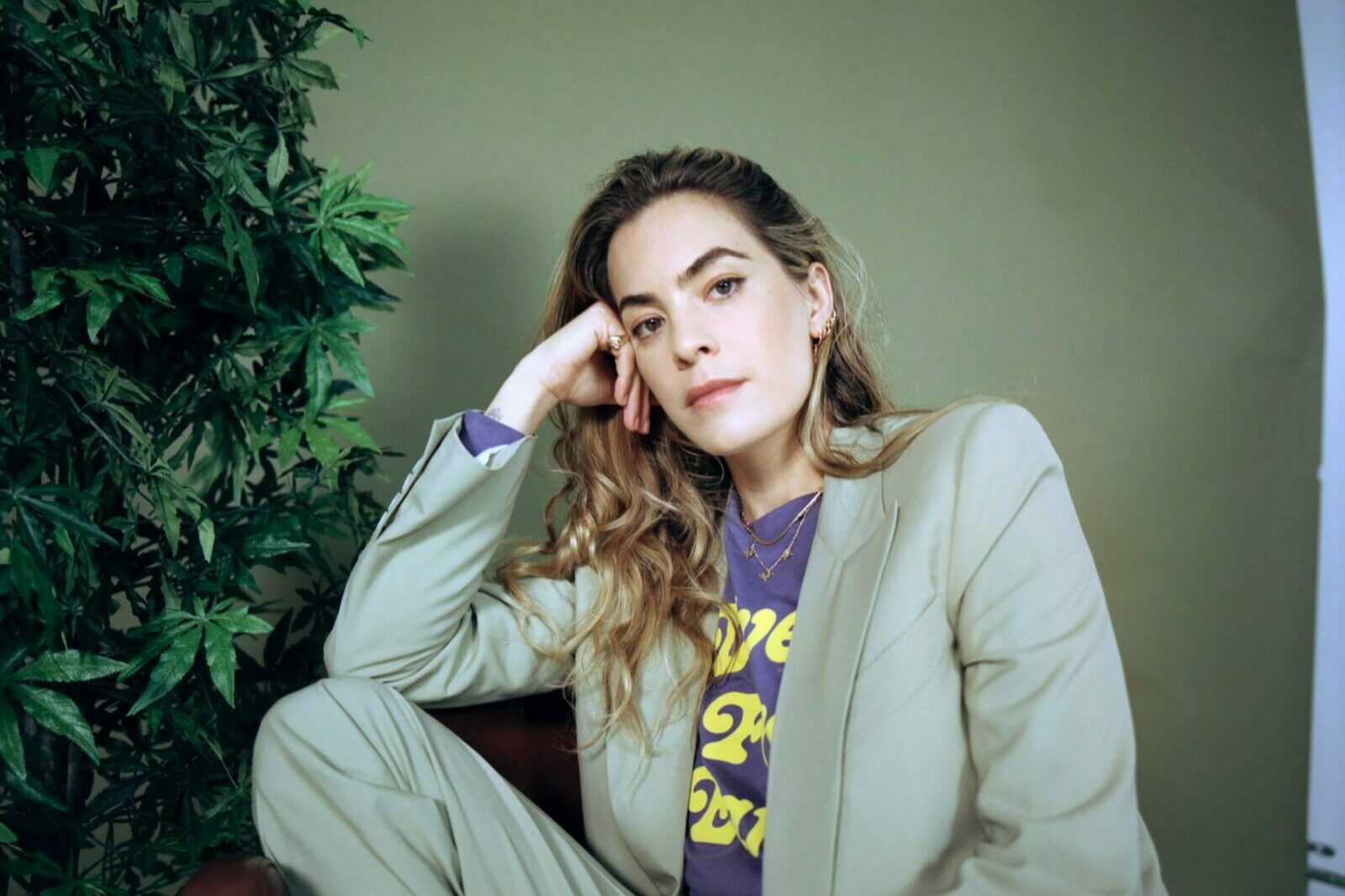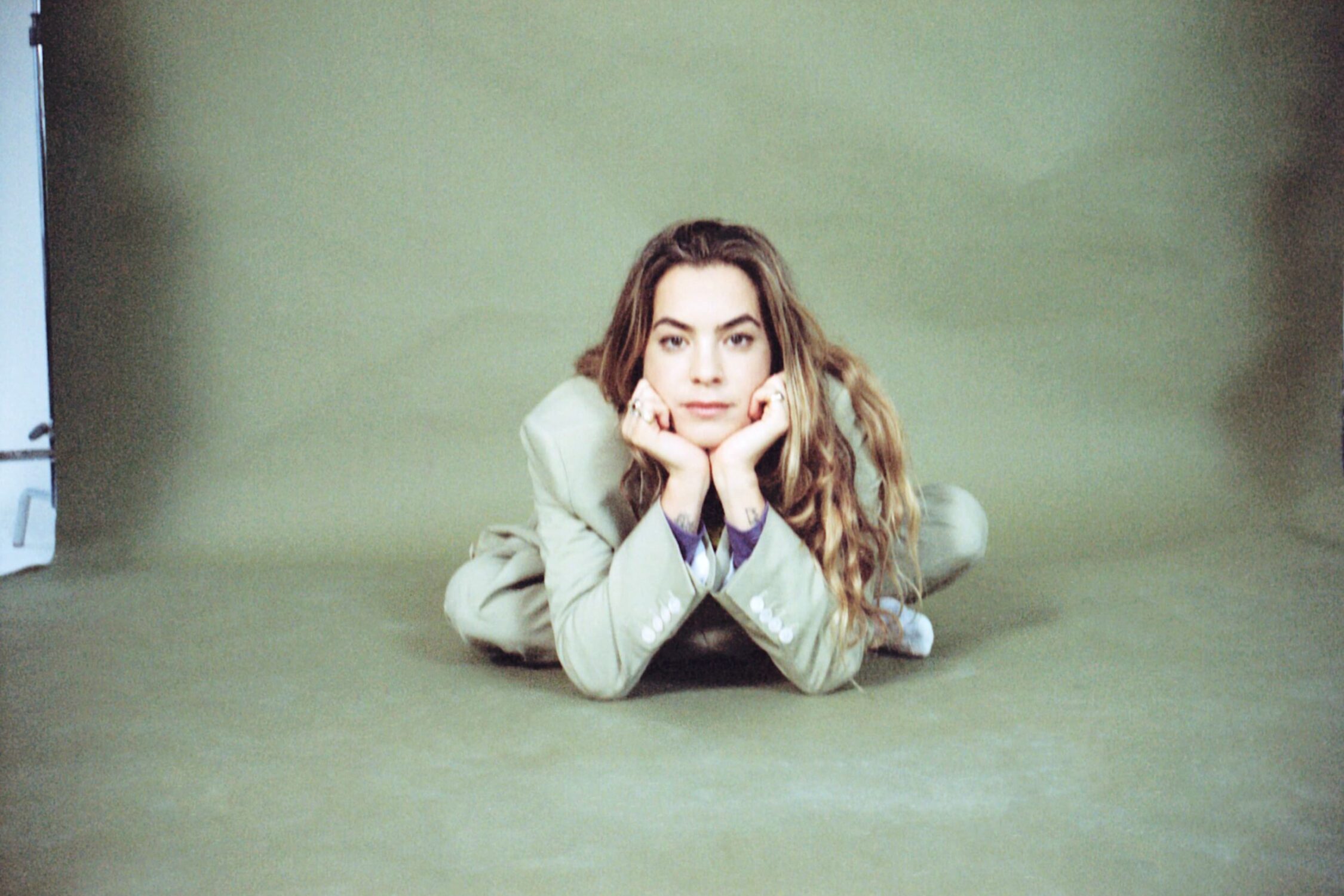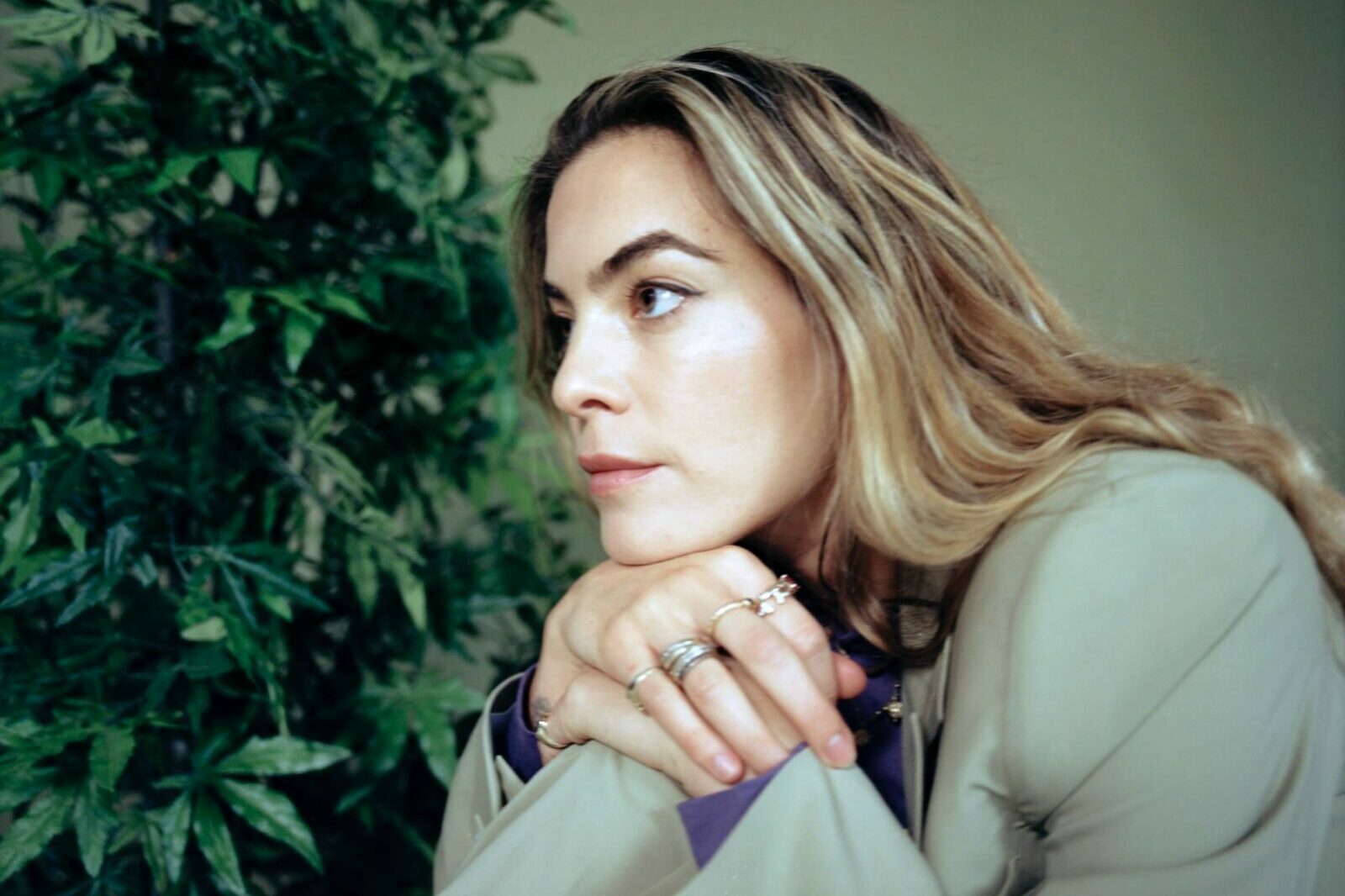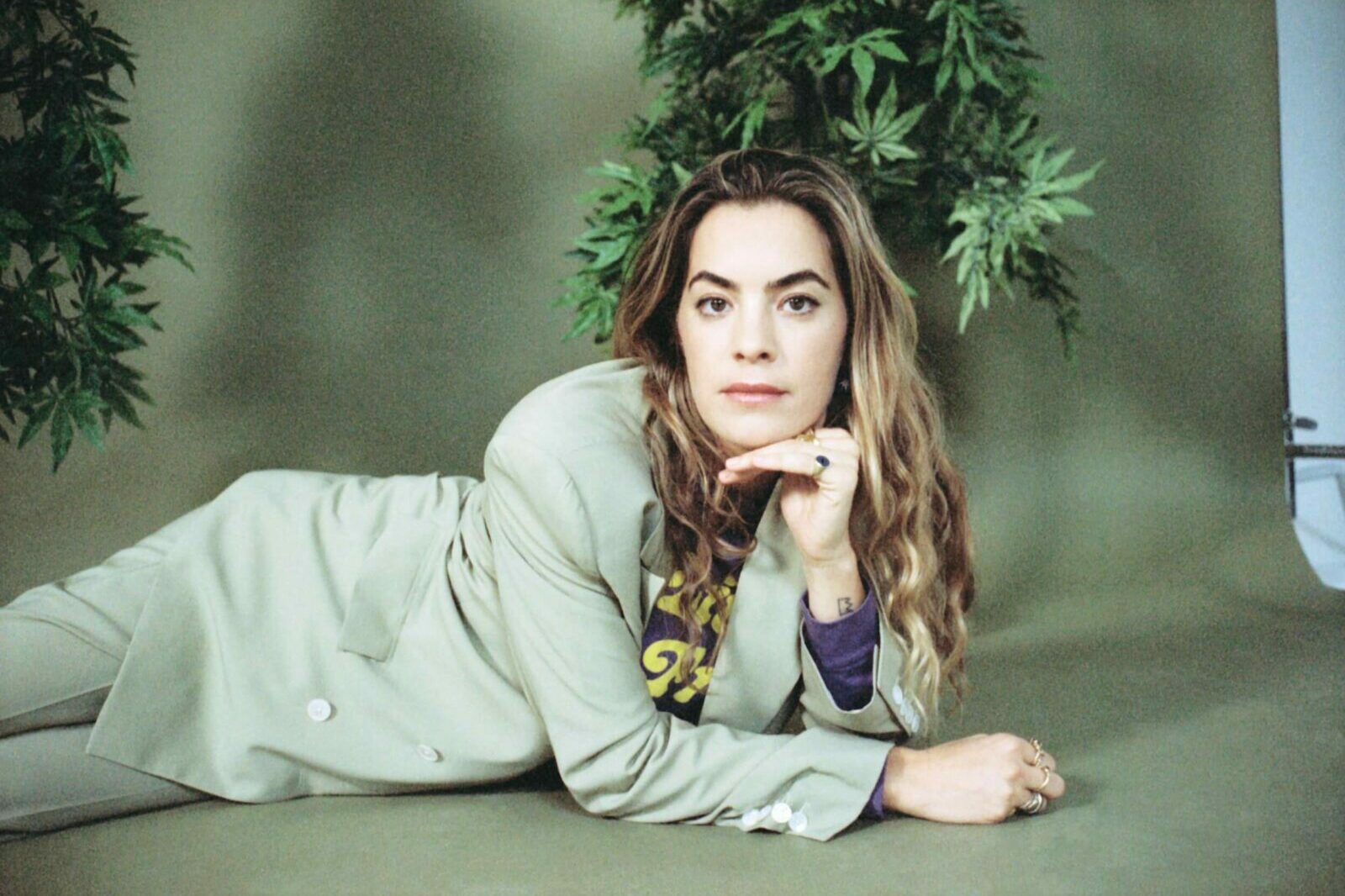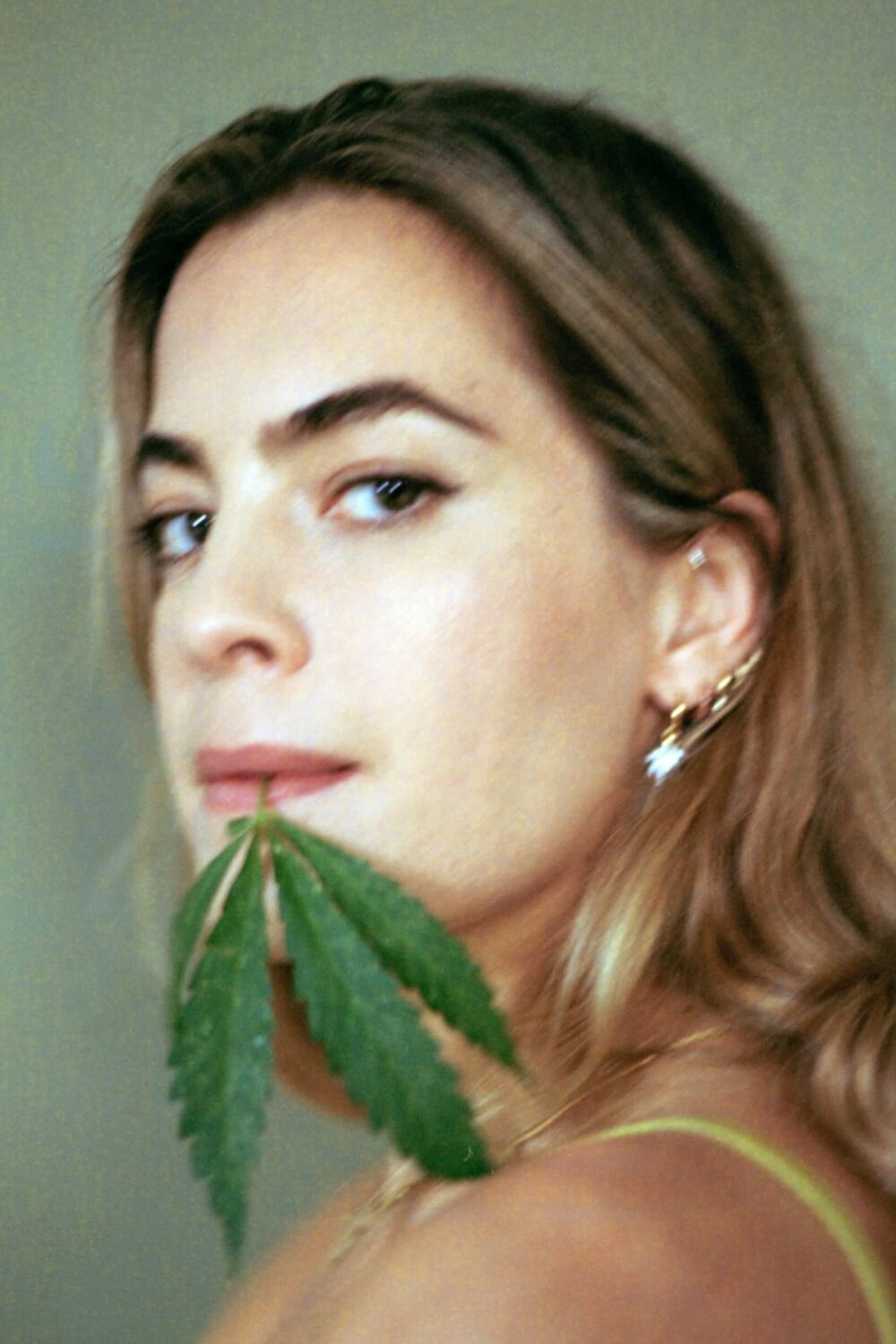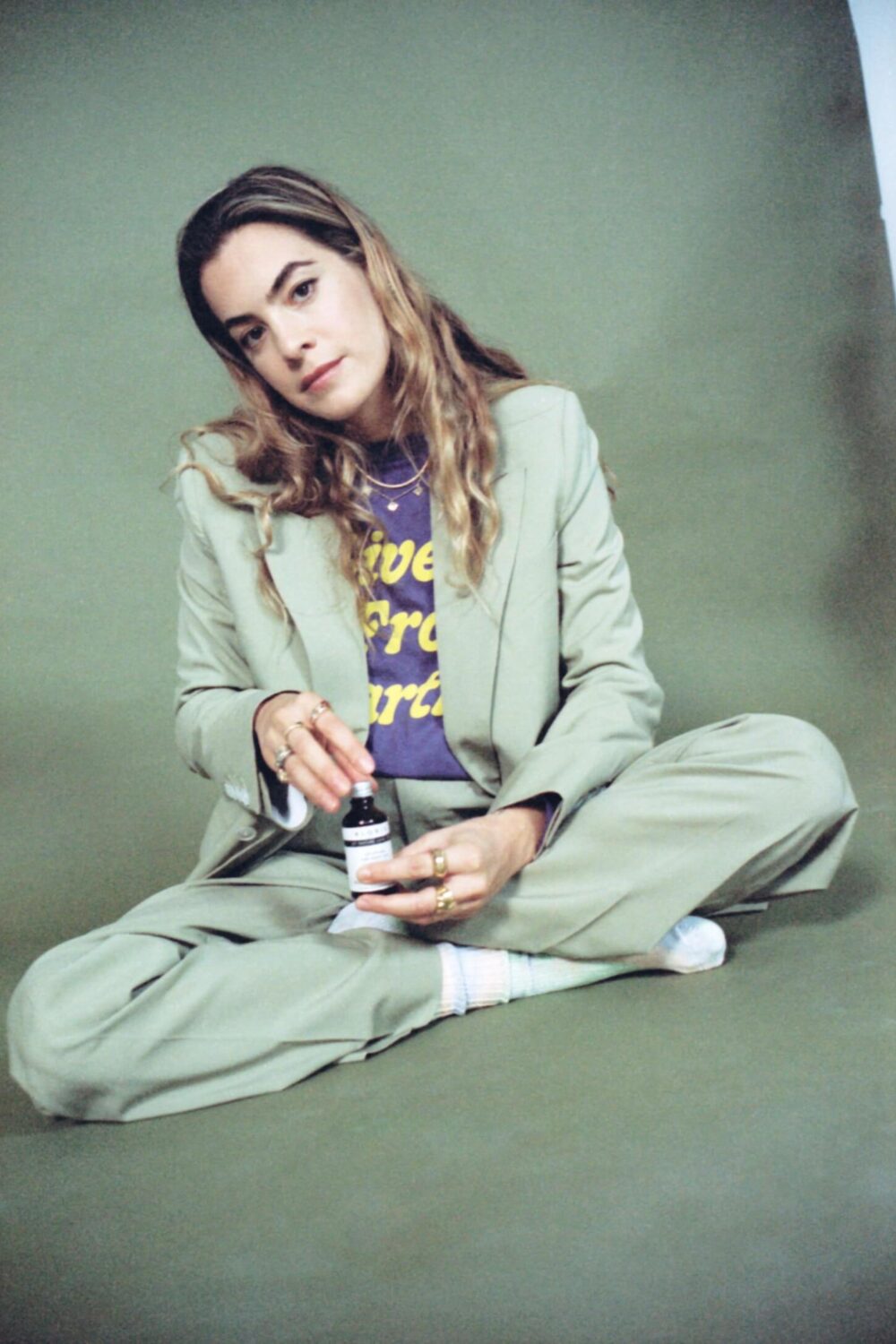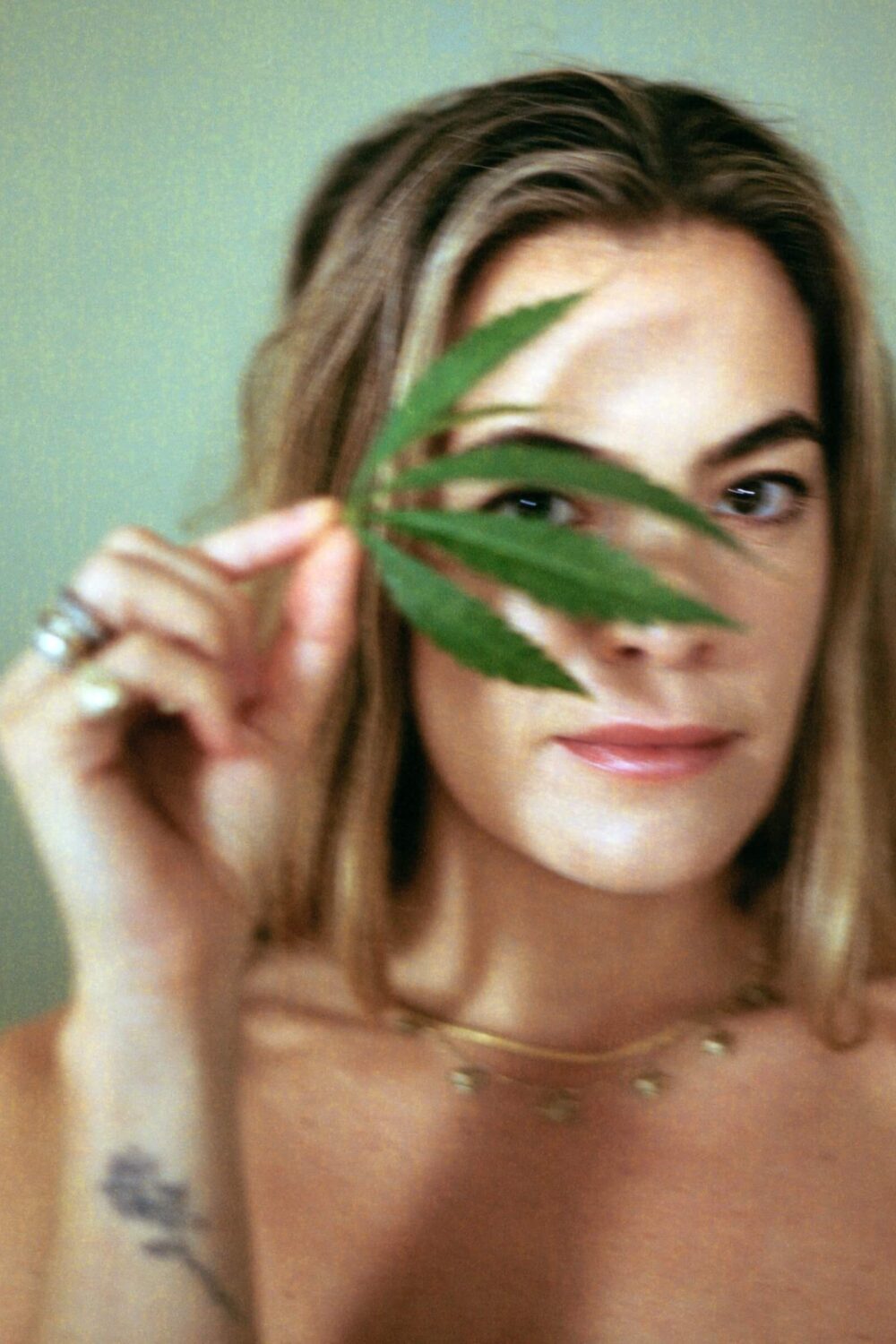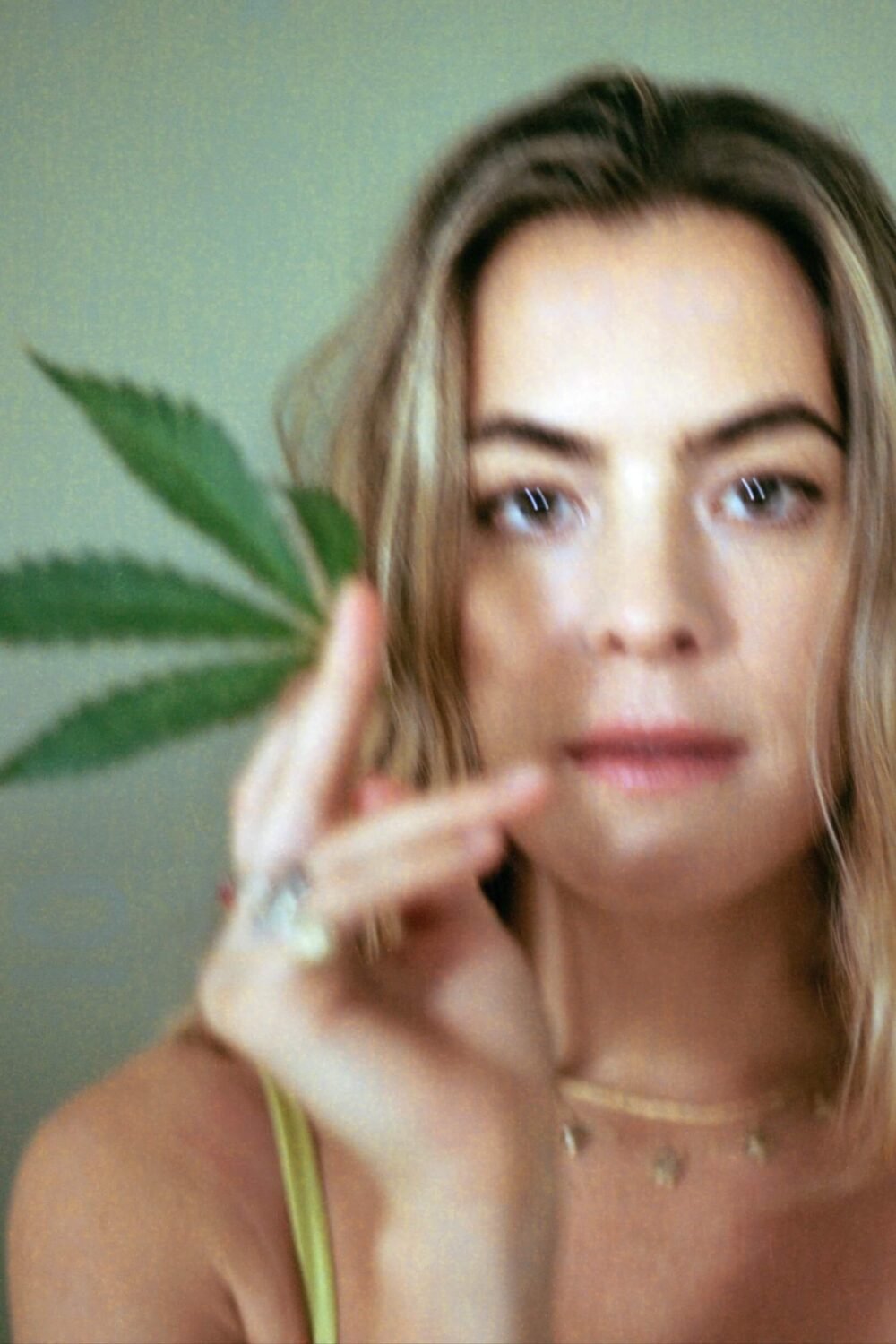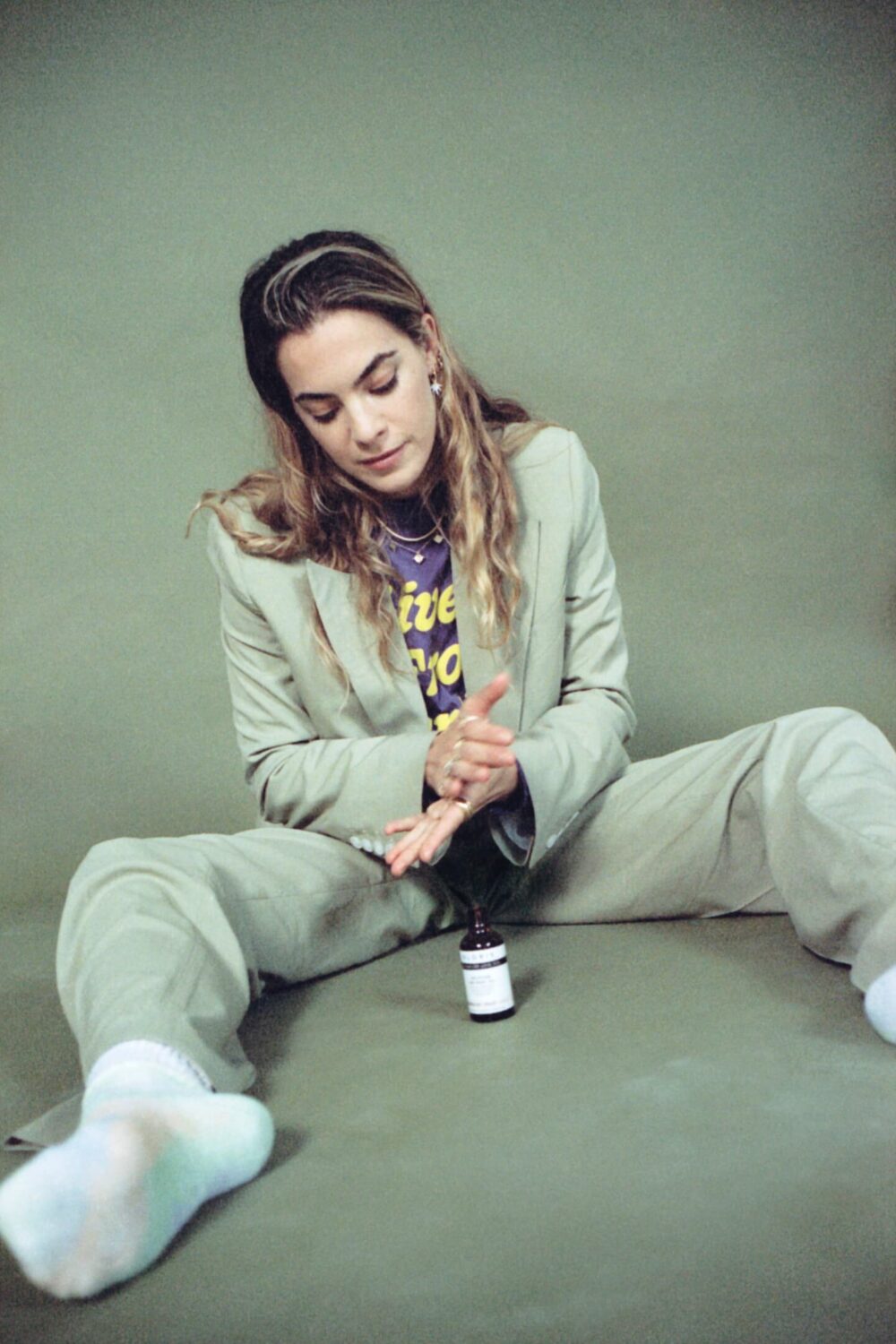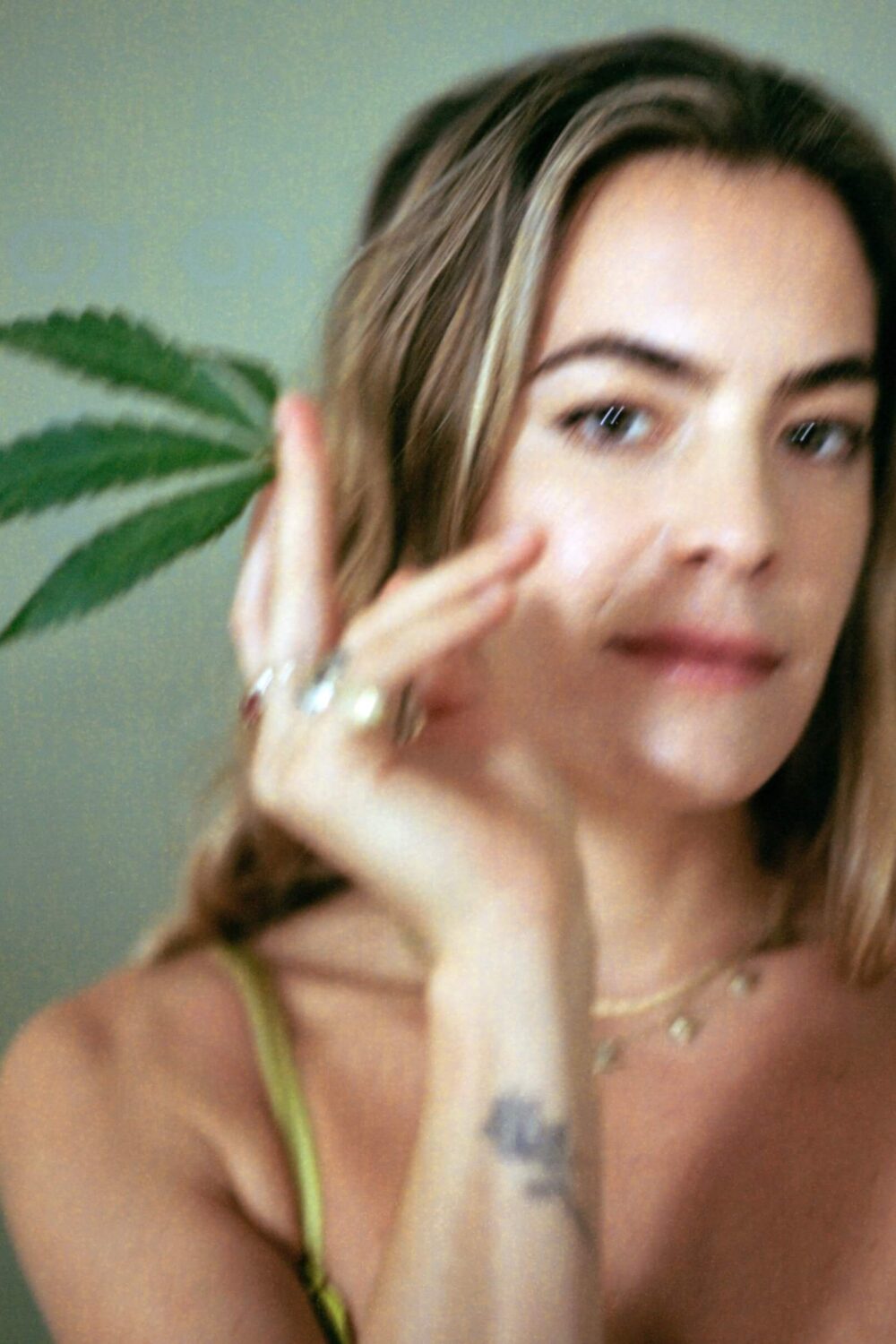Cannabidiol, or CBD, is a natural compound extracted from the hemp plant. Just a chemical compound, and just a plant; yet the world of hemp, CBD and medical cannabis is one of complexity and deep-rooted history; one in which the truth and scientific evidence is shrouded by misinformation, misunderstanding and fear. Chelsea’s work is to uncover and bring us the truth.
This mission is a deeply personal one, beginning not just with her own diagnosis of epilepsy, a condition which sees the onset of recurrent, unprovoked seizures, but with her sister.
“Really, the story begins with my sister”, Chelsea explains, “she has what’s known as intractable epilepsy, which means that it’s drug resistant… her condition is at the end of the scale in how severe it is”. Chelsea herself was “always the healthy sibling”. So when she started having symptoms at the age of 13, and was diagnosed with a type of epilepsy known as Juvenile myoclonic epilepsy at the age of 15, it was a devastating blow.
She was put on a cocktail of anticonvulsants, and coming off these harsh pharmaceutical drugs was “always a dream”: because of the severe mental and physical impacts they were having, but also because she has always been drawn to alternative forms of medicine, or “earthly things”, as she says fondly. Herbalism, acupuncture, Traditional Chinese Medicine, homeopathy… all natural remedies like the hemp plant, which we are so reluctant towards accepting and using, but which have wondrous healing properties.
The dream came true when she was introduced to cannabinoids. Someone sent her family a video of Charlotte Figgis, a young girl who suffered from epilepsy and became a pioneer in the movement to destigmatize epilepsy and raise awareness of the healing power of CBD. It showed Charlotte taking oil extracted from the plant, and it stopping her seizures. Chelsea couldn’t believe it was real: “I remember thinking this has got to be fake news”.
She tried CBD herself, and it allowed her to wean herself off the pharmaceutical drugs. To this day she hasn’t had a grand mal seizure. Since using CBD she has also noticed profound improvements in her endometriosis, a condition which affects 1 in 10 women in the UK, yet is widely under-discussed and under-researched.
She uses CBD daily, she explains, utilising a variety of methods. “I always joke that I use it in every orifice of my body”, she laughs. “And it’s actually not really a joke. I actually do”. To manage her endometriosis she uses it vaginally, and when it comes to menstruation she uses it a few days before to allow it to accumulate in her system. Then, when that “beautiful pain” begins to set in, she uses it topically on the lower pelvic and lower back regions, she uses suppositories, she ingests it, sometimes she vapes it… “I really go at it from all angles!”.
The link between CBD and women’s health is another side to Chelsea’s story, and to the power of this plant. It’s why her latest venture is Looni, a soon-to-launch women’s health brand focused on shedding light on the menstrual cycle and offering solutions to menstrual pain and endometriosis.
Because whilst Chelsea’s incredible journey is personal, it goes far beyond her own story and experience: she is an advocate for those who are more vulnerable, more in need, than herself. She started, in her own words, “shouting from the rooftops” about CBD when she managed to wean herself off her medication, taking to social media to share her story.
But our attitudes to CBD are still complex, and Chelsea had to experience the deep-seated stigma through peoples’ reactions. “I started to notice a real drop-off in jobs”, she says frankly. She was DJing and working in a ‘niche’ space at the time, of art, fashion and influencers, and she laughs recalling the stark difference between the content she was beginning to share surrounding epilepsy, and what people were used to: “it was quite extreme going from ‘hey, I’m a cute fashion DJ who’s working with Fendi and Marc Jacobs and here’s my cute handbag’, to posting things like” a photo of a little boy having a seizure and then responding to the medicine. Companies decided she wasn’t suitable after seeing her social media, she was put on hold for jobs, and she noticed judgment.
So why the fear, the stigma?
“I think perhaps a lot of that came down to the cannabis portion”. We’re talking about the hemp plant, which is grown solely for medicinal and industrial purposes, but it does all fall under the geneum of the cannabis plant, and therefore lead to the obvious association. And this is another issue in itself. Chelsea believes strongly that we shouldn’t be so focused on separating the two anyway, and that the answer to the stigmatisation of this plant is to stop vilifying THC, the other compound derived from it, that has psychoactive properties.
“When we separate the two, and we focus on THC as being the molecule that gets you high, and CBD as the good guy, there is a problem”. Because they work synergistically together, “leaving nature as nature intended.” And this is the crux of it. “Who’s to say we can’t have access to something from nature?”, Chelsea asks. “It’s criminal”.
So how can we make a change? Chelsea has been fighting for years, and though there is a paradigm change happening, she acknowledges, it’s not happening quick enough. Patients like her sister are still not being offered CBD on the NHS, and attitudes of doctors are slow to change.
The answer is education.
“Let’s go back, let’s look at the history, let’s understand the political motivation of prohibition in the first place”. Unpacking the history and going back to President Nixon’s “war on drugs” in the 1960s – the demonisation of drugs like cannabis with the likely motivation to incarcerate more Latin American and African American citizens – reveals the deeply racist roots of the stigma surrounding the plant. To fight that stigma we need to educate ourselves and educate others, as we are trying to do with this feature and our Plant Power newspaper.
And there is more we can do. Signing petitions to local MPs, opening up the conversation wherever we can: telling doctors if we are using CBD for its health and healing benefits, talking to people at dinner about the power of the plant.
In Chelsea’s words, it is ‘criminal’. Criminal that this incredible plant, which has the power to cure, heal and transform the lives of those suffering, is demonised and feared. Changing deep-rooted associations and attitudes is an unbelievably challenging process, and needs as many voices as possible. Let’s stand on the rooftops with Chelsea and shout.
Don't know where to start on your new CBD adventure? Let Chelsea take you by the hand and guide you through all you will need to live and spread the word about plant power.
Step into the Power Reading Room, filled with books Chelsea chose so that they could teach you what they taught her about: spirituality, healing, the menstrual cycle, creativity and sexuality.





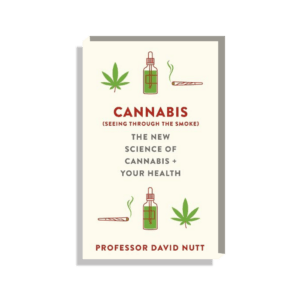
What does the word “taste” mean to you?
Chelsea:
Something you might think you can buy but you’ll never truly own if it’s not yours.
Do you have a life motto that you live by?
Chelsea:
There’s always time to be kind.
What was the last thing that made you laugh?
Chelsea:
Hmmm that I just lost out on a new NYC apartment due to my cat’s weight!
What are your favourite qualities in a human being?
Chelsea:
Warmth, groundedness, authenticity and kindness.
What is your biggest flaw?
Chelsea:
Perhaps it’s also my strength but I guess my sensitivity.
What is your best quality?
Chelsea:
My sensitivity.
What would your last meal on earth be?
Chelsea:
Shabu shabu with vegan space ice cream for dessert.
What does success mean to you?
Chelsea:
Balance! Being able to find balance between my career and my every day personal life which equates to health.

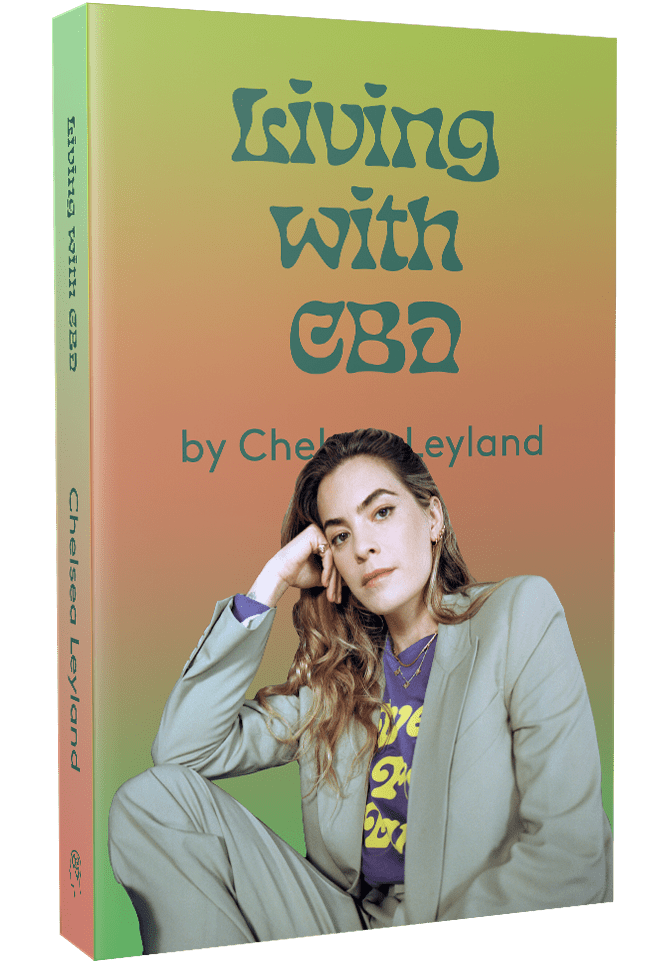
Living with CBD
We believe in the power of the plant. That’s why we’ve called upon activist Chelsea Leyland, this week’s Tastemaker, to share with us the power of CBD: how it has transformed her life, and why we need to spread this message to all those who will hear. This workbook will who you how you can incorporate this wondrous compound into your everyday life. enough to start with; allow that one small thing to become a habit…and then think about something else that is small and doable and set your sites on that.
ENTER WORKBOOK